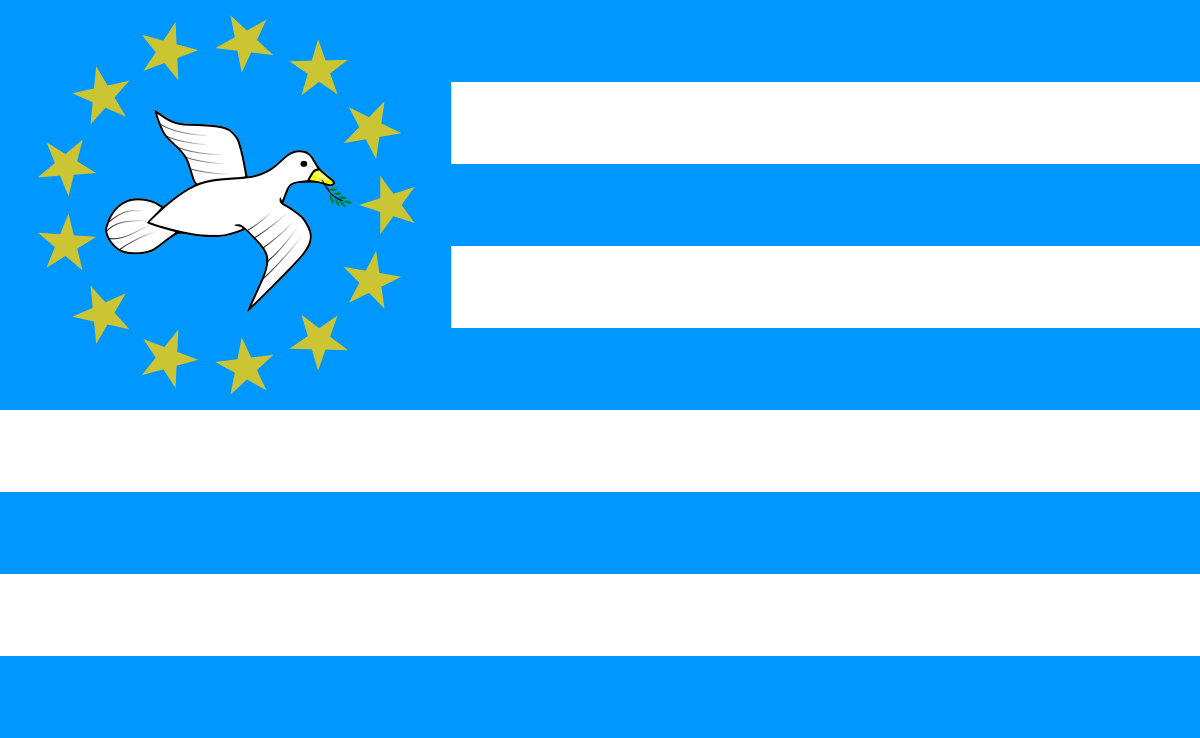“You might not realise it yet but Cameroon today echoes our own colonial history” The Irish Sun
In the midst of a chat with a taxi driver, I spotted a little flag I didn’t recognise hanging from the driver’s dash. Ever curious, I asked him what country it was. I received one hell of a response. In fact, in the 15 to 20 minutes I was in the car, I received the full history of Ambazonia
I WAS in a taxi to the airport last week when I struck up a conversation with the driver.
I was on my way to a boozy night away for a football match in England, so I was in good form.

In the midst of conversation, I spotted a little flag I didn’t recognise hanging from the driver’s dash. Ever curious, I asked him what country it was. I received one hell of a response.
In fact, in the 15 to 20 minutes I was in the car, I received the full history of Ambazonia. You are probably not aware of this country because, as yet, it does not exist. It is the southern part of the African State of Cameroon.
Now, my knowledge of Cameroon is limited. It generally consists of footballers Roger Milla dancing during Italia ’90 and Rigobert Song.
It was a former French colony. Or so I thought.
“Presidential elections are due to take place in Cameroon this year. It’s not going to rival Syria on the newsfront, but it is still a war and people are dying. There’s a big world out there. And really, we should all know more about it.”
I had no idea that part of the country was actually an old English colony. Where didn’t those lads colonise?
This English-speaking region of Southern Cameroon is now demanding an independent, sovereign nation they call Ambazonia. However, the Cameroonian President Paul Biya will have none of it.
And as we speak, a bloody battle rages.
The name Ambazonia comes from Ambas Bay — the area considered as the boundary between Southern Cameroon and the Republic of Cameroon.
After World War One, Germany’s colonies, including Cameroon, were divvied up. Britain gained control of one part of the former German territory and France controlled another.
In 1960, France granted its colony independence. Britain, however, had a different proposition and held a referendum in February 1961.
The English-speaking region was given two options; either join Nigeria or Cameroon. A third option, to go it alone, wasn’t on the table. And to this day, it rankles with the English-speaking side.
The anglophone Cameroonians, who opted in that referendum to form a federation with French Cameroon, soon found the terms of that union were void.
The promise of equality was never kept, with the English-speaking minority facing widespread discrimination and repression. Sound familiar?
Since then a number of anglophone activists have been calling for secession and the creation of Ambazonia.
The crisis has been described by experts as a “time bomb in Cameroon” that could rip the country apart.
Last year, 40 people were killed and 100 injured surrounding the peaceful protests of October 1. Since then more than 1,000 people have been detained and some 20,000 have fled the region.
Activists estimate that 1,000 people are in detention and up to 100 have been killed, figures that are far higher than the official toll.
According to Amnesty International, some protesters were shot in the back of the head and the legs while running away.
To put it all in context, Ambazonia is a region of about eight million people with a land size of 43,000 square kilometres — similar to that of Ireland.
As my driver explained, it’s effectively Cameroon’s Catalonia.
The government don’t want to let it go as it brings in cash. They want independence and there is a bloody war taking place right now for it.
Presidential elections are due to take place in Cameroon this year. It’s not going to rival Syria on the newsfront, but it is still a war and people are dying.
There’s a big world out there. And really, we should all know more about it. Particularly when there’s a plight not too dissimilar to our own past.
Source: The Irish Sun





